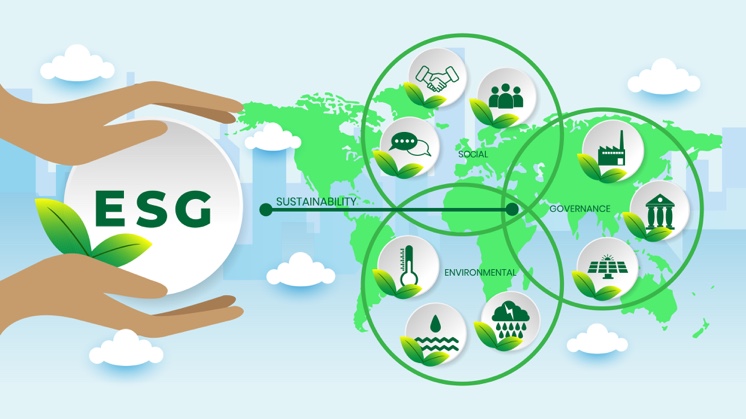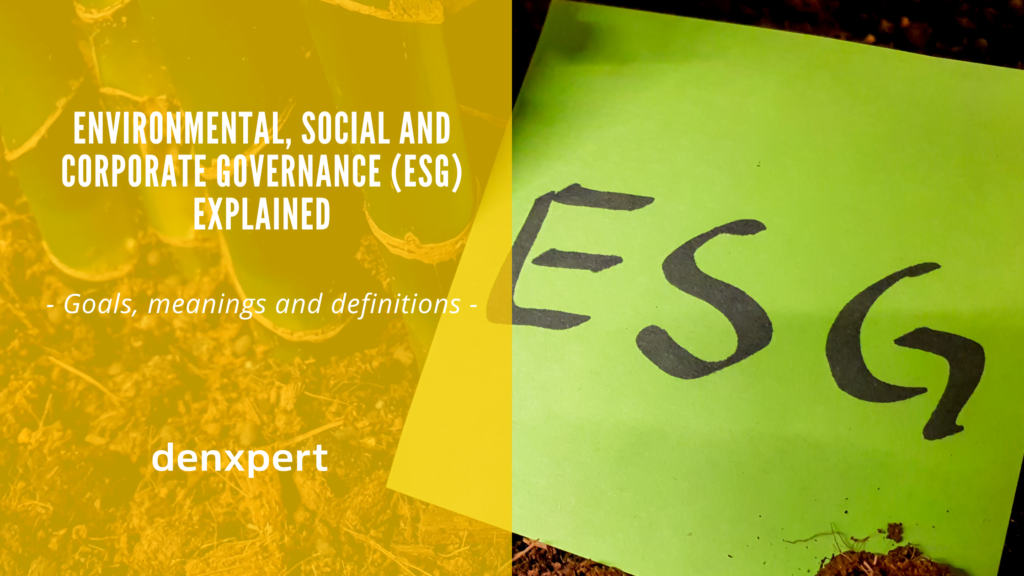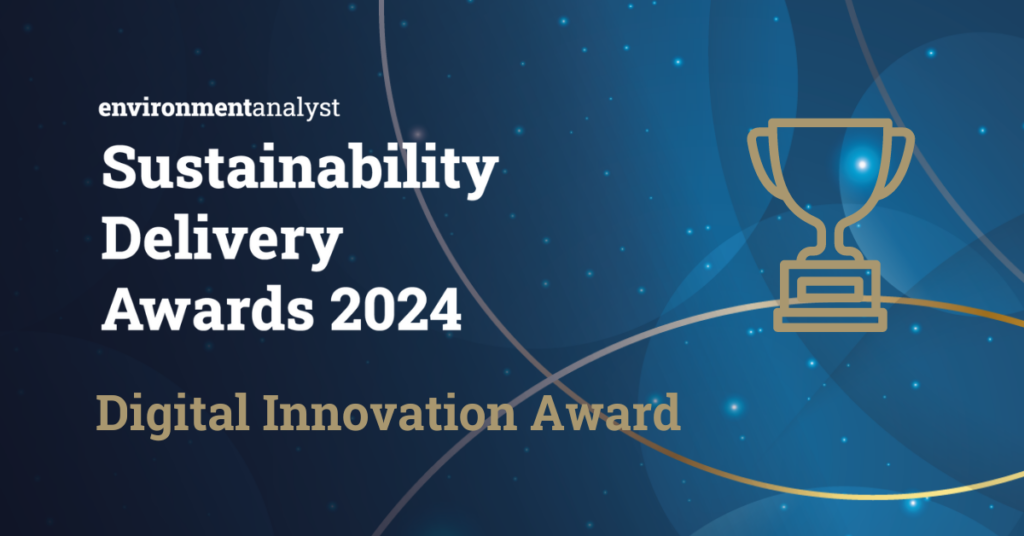“…79% of investment managers believed that ESG factors should be integrated into the investment process.” – Chartered Financial Analyst (CFA) Institute survey, 2021.
In the world of business, it’s easy to get confused by abbreviations, but the acronym ESG is becoming more and more common. There’s hardly a conference where it’s not mentioned, but the definition of it is not always clear. In short, it is a philosophy that could be a critical factor in the way companies operate in the future, a corporate strategy that financial markets closely watch, and a reporting system that will be applied to the allocation of EU funds. So, your company’s future success may also depend on it.
Indeed, Environmental, Social & Governance (ESG) initiatives have become a strategic imperative for nearly all large organizations over the past years. Increased focus and pressure from investors, regulators, employees and other stakeholders have made ESG a critical topic at the board level and essential to cascade throughout organizations operationally. This post explains the importance of ESG and clarifies related definitions.
The beginnings
You may also remember corporate social responsibility (CSR) or the triple bottom line (TBL). These terms were coined back in 1953 and 1994, respectively. Around that time, companies increasingly realized that they could not simply extract value without investing locally. They recognized their responsibility for investing in the communities affected by their presence – especially in the oil, gas, mining, agriculture and manufacturing sectors.
With the recognition that large corporations were having the most significant impact, the UN established the Global Compact in 2000. This initiative brought together a range of international corporations to lead a new wave of responsible investing. This resulted in the birth of Principles for Responsible Investment (PRI) in 2005 and a raft of other sustainable, social and climate-based initiatives.
The term ‘ESG’ was first used in 2005 in a report by Ivo Knoepfel entitled “Who Cares Wins“. ESG means investing based on ESG metrics – namely, non-financial risks important to stakeholders to capture a fuller and more transparent picture of corporate performance beyond financial metrics.
In recent years, investors have placed increased emphasis on a company’s sustainability performance when choosing where to invest. Consequently, corporations have begun reporting on a wide range of non-core business factors, and many have been generating sustainability reports for several years with increasing transparency.
Sustainability and ESG definitions

Before defining ESG, we must understand sustainability, as many business leaders and environmental experts use the terms interchangeably. It makes sense, in a way, as both share the same goal of improving a company’s business practices to boost profits, and win favor from investors, customers, and regulators.
Sustainability is an umbrella term encompassing all company efforts to reduce its impact on its surrounding world. A sustainable business is an organization with a minimal negative impact or potentially a positive effect on the global or local environment, community, society, or economy. For example, sustainability can also mean creating good jobs or promoting gender equality — in addition to protecting the environment.
Environmental, Social, and Corporate Governance (ESG) evaluates a firm’s collective conscience for social and environmental factors. It is typically a score (ESG score) compiled from data collected about the intangible assets of the company. ESG reports are more specific and data-driven. It aims to monitor the non-financial risks and opportunities inherent in companies’ daily operations. In other words, ESG enables investors and other financial market players to evaluate the activities of a company based on non-financial data.
ESG focuses on three dimensions (environmental, social, and governance) rather than just going green or being a responsible steward. It is an integral part of a company’s overall mission and strategy and runs through the veins of the business in all departments. Unlike CSR, ESG is no longer an outlier or siloed department that can fluctuate in relevance – instead, it impacts a considerable number of operational decisions.
Let’s examine these three dimensions separately.
E: the Environmental aspect
The environmental aspect considers how a company performs as a steward of nature. It evaluates the extent to which a company’s activities are environmentally sustainable. In terms of reporting, this is the most complex pillar.
Under the environmental pillar, reports should include greenhouse gas emissions and air, water, and soil pollution. Reports should also cover resource use issues, such as the usage of virgin and recycled materials in production and how a company ensures that the raw materials built into its products are recycled back into the economy rather than ending up in landfills. Similarly, companies are expected to manage water resources carefully. In addition, land use issues such as deforestation and biodiversity are also covered here. Under this pillar, companies also report on the positive environmental impacts of their business activities, which can even lead to long-term competitive advantage.
S: the Social aspect
The social aspect examines how a company manages relationships with its employees, suppliers, customers, and the communities where it operates. It analyses the social sustainability of the company, such as the proportion of men and women in management or working conditions of employees.
Under the social pillar, companies report on how they take care of their employees’ development and practices concerning human resources issues. Companies also report on the safety and quality of their products. They report on their supply chain issues relating to human resources, occupational health and safety measures, and unethical supplier behavior (often referred to as “controversial sourcing” in ESG). Where relevant, companies are expected to report how they ensure that their products and services are accessible to disadvantaged minorities.
G: the Governance aspect
The governance aspect looks at a company’s compliance with social norms, such as leadership methods, internal controls and safeguards, and legal compliance. The main factors reported under the governance pillar are shareholder rights, board diversity, board compensation, and how each aligns with sustainability goals. In addition, antitrust conduct and anti-corruption measures are also reported here.
Conclusion
To remain attractive as an employer or brand, your company should also start reporting ESG metrics and perform well. Your company’s board of directors should retain ultimate oversight over ESG matters, even if the board delegates different matters to one or more committees. You should report your ESG goals and progress toward them to all stakeholders through annual reports, internal company communications, and annual sustainability reports on your company website.
On 21 April 2021, the European Commission adopted the Sustainable Finance Package, which includes the Corporate Sustainability Reporting Directive (CSRD) regulation proposal that reforms and significantly expands reporting requirements. Due to the increased legislative scope, from 2023, all countries will have to adapt it into national legislation. (Get ready for the next hot topic in ESG and read our upcoming blog about CSRD.)
If you want to prepare for the requirements and do ESG reporting right, check out our on-demand webinar .







